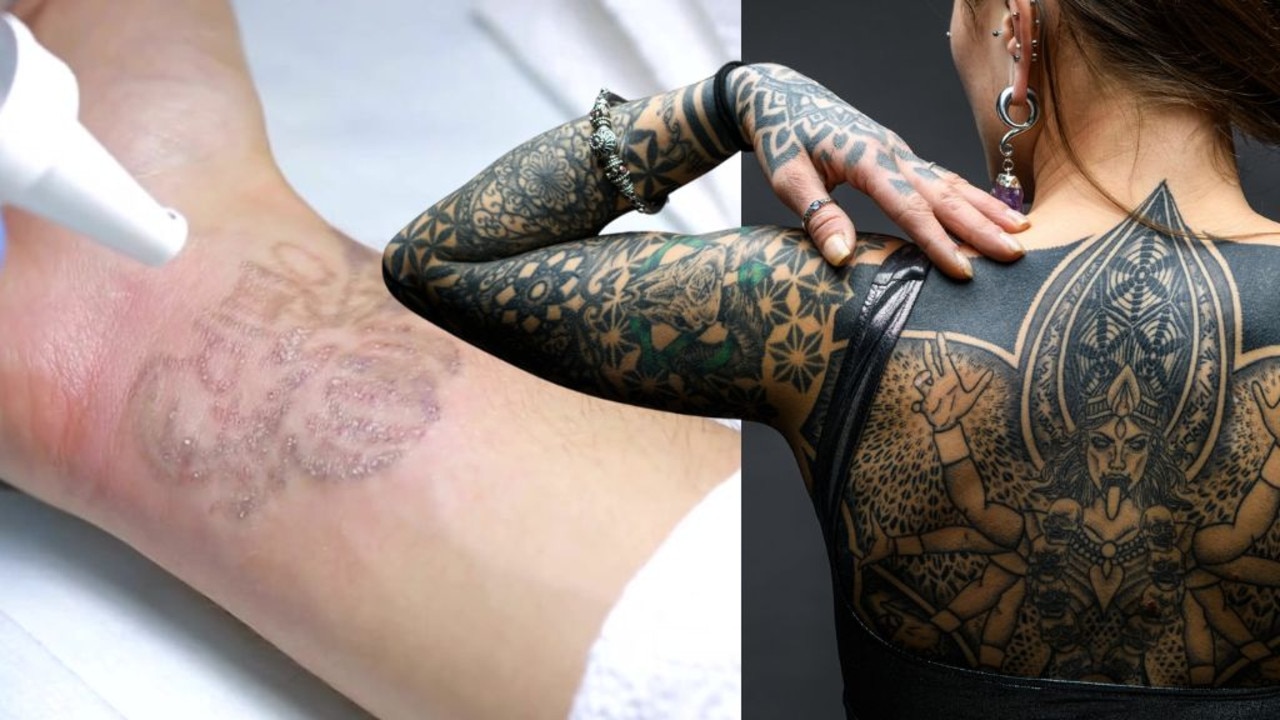AFL shuns international guidance around dementia testing of former players
The AFL’s concussion research program is failing to follow international guidance around testing former players for dementia linked to CTE.
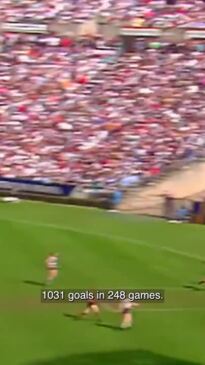
Victoria
Don't miss out on the headlines from Victoria. Followed categories will be added to My News.
Australia’s leading CTE researcher says he is perplexed as to why the AFL is not testing former footballers for the dementia most closely associated with the fatal brain disease as part of its concussion research.
In 2021, the world’s largest biomedical research institute issued diagnostic criteria for Traumatic Encephalopathy Syndrome (TES), the clinical disorder most closely associated with the neurodegenerative disease CTE.
But the Herald Sun can reveal the league will not use this new criteria, issued by the prestigious US National Institutes of Health, in its $25 million concussion and head knocks research program.
Associate Professor Michael Buckland, director of the Australian Sports Brain Bank, said the AFL’s approach did not make sense.
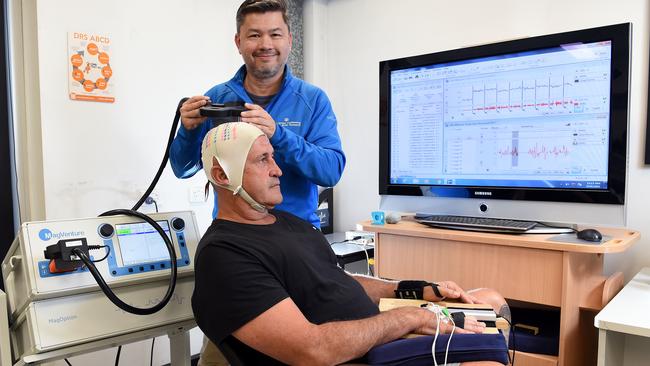
“It’s important people realise TES is not the in-life correlate of CTE, but it’s the best tool we have right now for clinical research,” Professor Buckland told the Herald Sun.
At last week’s Senate Inquiry into Concussion and Repeated Head Trauma in Contact Sport, the AFLs research program came under fire with Danny Frawley’s widow Anita saying long-term studies were a waste of time.
“We cannot sit waiting for the causal results from longitudinal studies when we already know there is an association between contact sport and CTE,” she said.
The AFL’s longitudinal studies are expected to take decades to complete.
Danny Frawley took his own life in 2019 and was diagnosed at post-mortem with CTE by Professor Buckland.
As he was leaving the inquiry, the AFL’s chief medical officer Michael Makdissi was asked by the Herald Sun if the league was using the TES criteria in its research program.
Dr Makdissi replied: “Not specifically”. Asked why this was so, Dr Makdissi said he was “not sure.”
Professor Buckland said he found this “odd”.
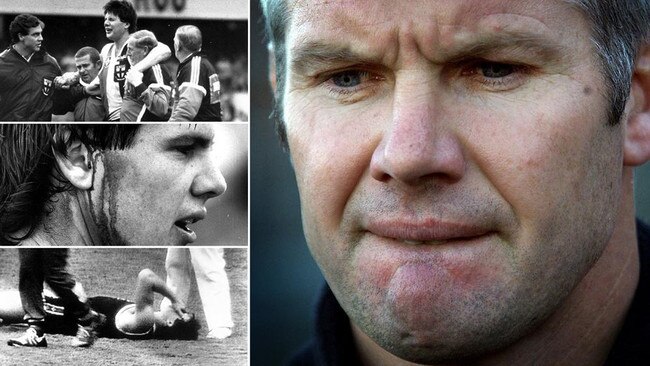
“If you are looking at the delayed effects of repeated head injury in former players and not looking at TES criteria, then that seems odd,” Professor Buckland told the Herald Sun.
“The Australian Sports Brain Bank has previously spoken with the AFL concussion team and expressed strong interest in working with them in their longitudinal study, where brains are collected and analysed at the end of life.”
At present CTE can only be positively diagnosed at post-mortem.
This is holding up efforts to find treatments for those living with the long-term consequences of repetitive head injury, including CTE.
“The purpose of the preliminary criteria is to facilitate CTE research with the goal of being able to diagnose CTE during life,” Professor Buckland said.
Researchers at Boston University in the United States are using the TES criteria to study 240 former NFL professional and college footballers with a history of repeated head trauma.
The eight year BU study aims refine the diagnosis of CTE in the living and drive treatments.
While the AFL accepts CTE is “caused in part by repeated head injury”, it somewhat contradictorily says its long-term study of footballers will be aimed at “further exploration of the potential link”.
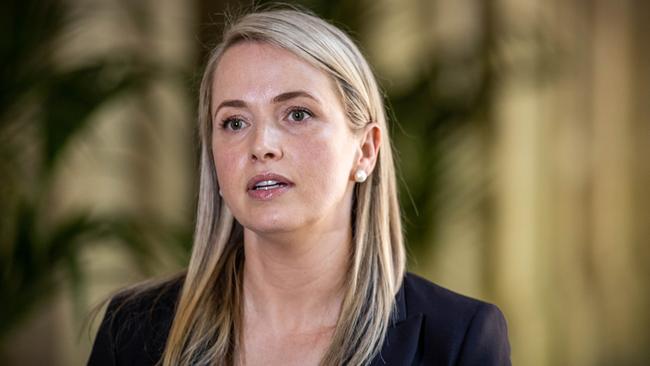
Last October, the AFL’s research program came under intense scrutiny after it was revealed a 2013 past players study — promoted as “groundbreaking” by the league — failed because of “lack of funds and resources.”
To be diagnosed with TES there must have been “substantial exposure” to repeated head impacts from contact sports.
“The core clinical features of TES are behavioural dysregulation and cognitive impairment, a history of substantial exposure to repeated head injury, and for there to be a progressive decline that is not fully accounted for by other neurological, psychiatric, or medical conditions,” Professor Buckland said.
Researchers have cautioned against using TES criteria in clinical practice.
“It is imperative that individuals are properly evaluated for potentially treatable conditions, and for associated conditions that may exacerbate a person’s cognitive or emotional decline,” Professor Buckland said.
Mrs Frawley told the inquiry that the AFL needed to do more to help players and families affected by brain trauma.
“For me, this is not about blame or justice-seeking; it’s simpler than that,” she said.
“It’s just about care — caring for the human beings that have given their lives to the sport they loved. Only by prioritising care will our sporting bodies honour the responsibility to protect and support our athletes during their careers and long after they have retired.”



